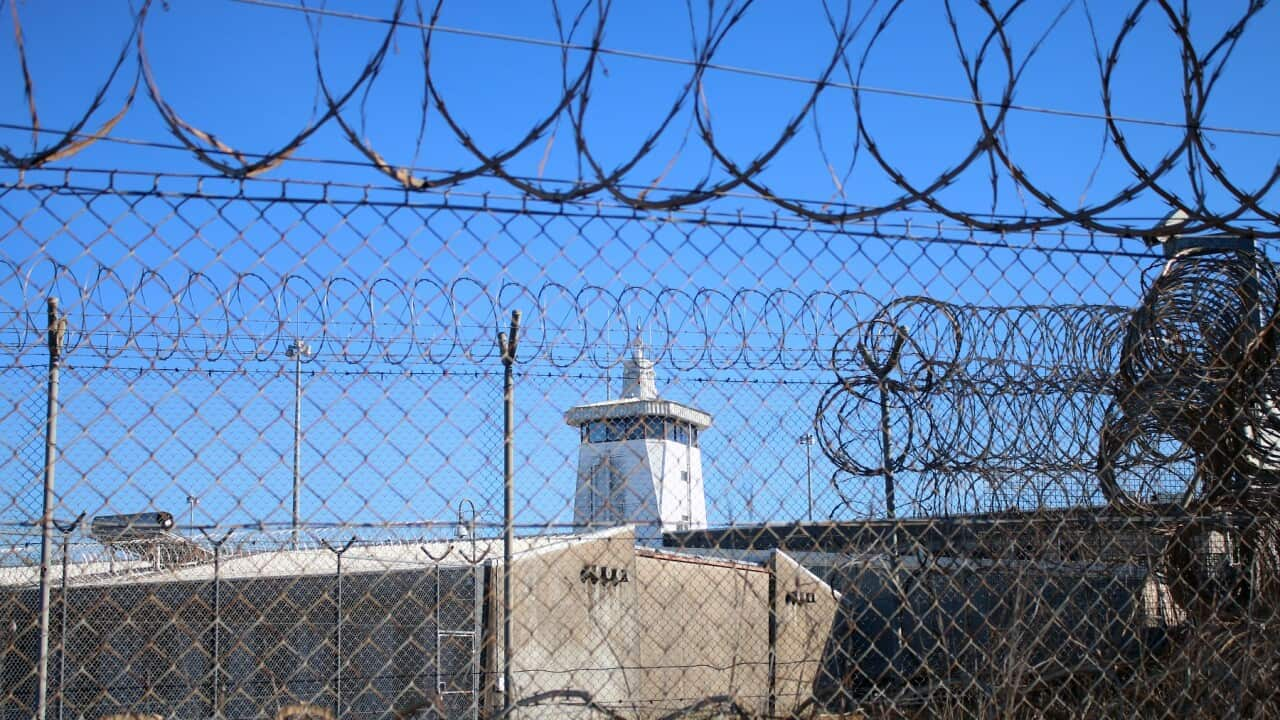TRANSCRIPT
On a farm two-and-a-half-hours south of Perth, Scott Ewen is preparing thousands of sheep to be sent to the Middle East.
It's a business that he and his family have relied upon for generations, but time is running out for the live export industry.
"Bit of an unknown at the minute, but we are not going to not fight this and I'm actually pretty confident we might get this decision changed."
After a series of incidents involving sheep being stuck at sea for months, the Federal Government has pledged to wind back live sheep exports and will end the trade completely in less than four years.
Most live exports of sheep from Australia are sent from West Australian farms like these in the state's Wheatbelt.
Farmers say the domestic sheep meat market is oversupplied, and they rely on markets in the Middle East.
Farm managing consultant, Mark Allington says these countries have always been reliable trading partners for sheep.
"The Middle Eastern countries have a deeply rooted, cultural and religious connection to meat. Also the freshness, they trust in the freshness of live product. So we're dictating to them what they should do which I can't imagine will go down well."
The future of the live export trade has been uncertain for years, and farmers say that speculation has already done a lot to undermine confidence in the industry.
"So for the last five years the average sheep sale price for all our clients has been about $105, for every sheep sold. The last 12 months it was $45. (For) Scott and all his fellow farmers, the cost of running the sheep side of business has increased by 30 per cent over the last five years and we top that with a 60 per cent reduction in the sheep sales price in 2023. So, these are turning into significant business losses for sheep businesses."
But, animal welfare groups are celebrating the phasing out of live exports as a win.
Dr Sue Foster from Vets Against Live Export says ending the trade will significantly increase the quality of life for the animals.
"The outcome as far as being a dead sheep is the same at the end, but how that sheep gets to there, is extremely different. Australia has strong animal welfare laws that have to be followed. Abattoirs have strong regulation in this country and an animal here that is slaughtered here has a short transport distance and is under Australian welfare legislation."
To phase out the trade, the Federal Government has offered $107 million to expand local sheep processing plants to try and boost capacity to buy local meat.
But, Western Australia's Agriculture Minister, Jackie Jarvis, believes banning live exports will cost the state's economy $123 million a year.
The Federal Agriculture Minister Murray Watt says the $107 million transitional support package will provide certainty to sheep producers.
Farmers here say that phasing out live exports is not just an economic blow, but a social one, too.
They warn that many families will leave rural areas, and hasten the decline of country communities.
Scott Ewen says he's hoping the Federal Government will reverse its decision, but he's trying to plan for the future, no matter how uncertain it may be.
"My personal operation I haven't seen a decline, except this year for sheep going on boat because the boats didn't come because of government regulation. So I've only sold a third of what I've needed to sell this year onto the boats. Plan will be to - I've swung a portion of my flock over to a crossbred terminal to try to target the local meat market here, but I'm not the only farmer that's done that. So, realistically there's probably going to be a glut at the end of the season and we'll all be fighting."
Farmers are now having to make the difficult decision about whether to reduce their sheep numbers and switch to crops like canola or wheat.
But not all farms are suited to crops, and some farmers are facing the decision of having to sell up and leave.













